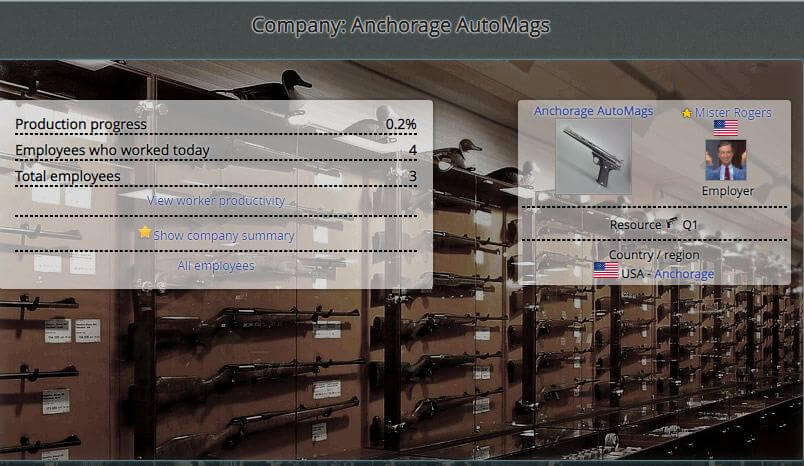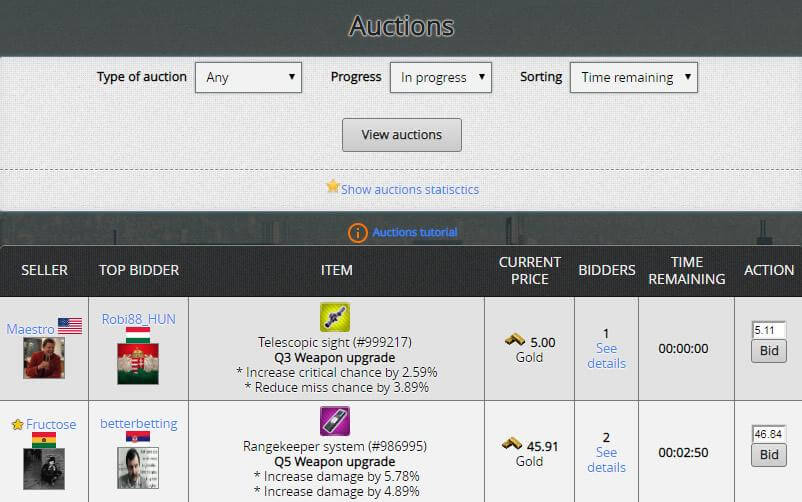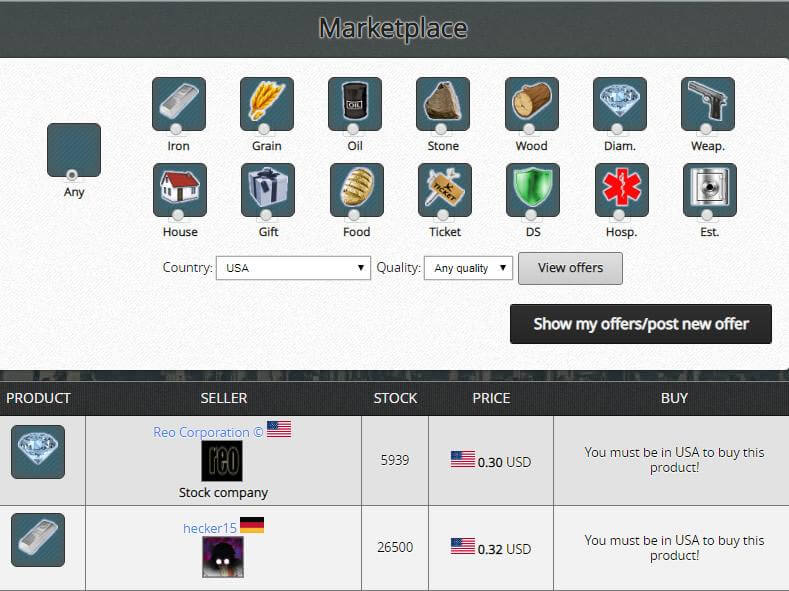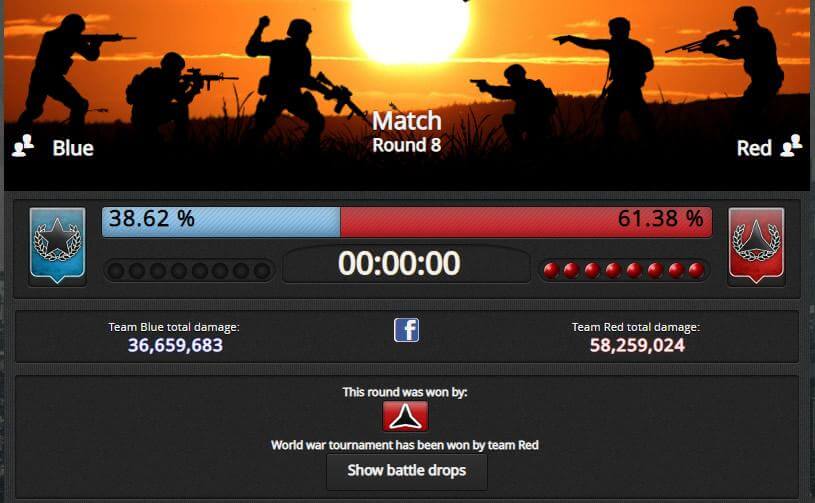Article
Turkey
|
|
60.0 % | Yes |
|
|
40.0 % | No |
|
|
0.0 % | I will send another subject suggestion to the redactor |
| Total votes: 5 | ||

The empire comprised all or majority population centers of 37 modern independent nations, though all not at the same time: Algeria, Tunisia, Libya, Egypt, Sudan, Jordan, Saudi Arabia, Yemen, United Arab Emirates, Kuwait, Bahrain, Qatar, Oman, Palestine, Lebanon, Syria, Iraq, Cyprus, Azerbaijan, Armenia, Georgia, Ukraine, Moldova, Romania, Bulgaria, Greece, Macedonia, Albania, Montenegro, Serbia, Bosnia and Herzegovina, Croatia, Hungary and Turkey as well as disputed nations that declared independence such as Kosovo, Palestine and Turkish Republic of Northern Cyprus. Ottoman military forces occupied temporarily parts of the modern nations of Iran, Russia, Italy, Austria, Czech Republic, Slovakia, Poland, Djibouti, Somalia and Malta. Several nations, such as Morocco, which never received Ottoman forces acknowledged its supremacy.
With the demise of the Seljuk Sultanate of Rum (c. 1300), Anatolia was divided into a patchwork of independent states, the so-called Ghazi emirates. By 1300, a weakened Byzantine Empire had lost most of its Anatolian provinces to ten Ghazi principalities. One of the Ghazi emirates was led by Osman I (1258[1] – 1326), from which the name Ottoman is derived, son of Ertuğrul, around Eskişehir in western Anatolia. In the foundation myth expressed in the medieval Turkish story known as "Osman's Dream", the young Osman was inspired to conquest by a prescient vision of empire (according to his dream, the empire is a big tree whose roots spread through three continents and whose branches cover the sky).[2] According to his dream the tree, which was Osman's Empire, issued four rivers from its roots, the Tigris, the Euphrates, the Nile and the Danube.[2] Additionally, the tree shaded four mountain ranges, the Caucasus, the Taurus, the Atlas and the Balkan ranges.[2] During his reign as Sultan, Osman I extended the frontiers of Turkish settlement toward the edge of the Byzantine Empire.
In this period, a formal Ottoman government was created whose institutions would change drastically over the life of the empire. The government used the legal entity known as the millet system, under which religious and ethnic minorities were allowed to manage their own affairs with substantial independence from central control.
In the century after the death of Osman I, Ottoman rule began to extend over the Eastern Mediterranean and the Balkans. Osman's son, Orhan, captured the city of Bursa in 1324 and made it the new capital of the Ottoman state. The fall of Bursa meant the loss of Byzantine control over Northwestern Anatolia. The important city of Thessaloniki was captured from the Venetians in 1387. The Ottoman victory at Kosovo in 1389 effectively marked the end of Serbian power in the region, paving the way for Ottoman expansion into Europe. The Battle of Nicopolis in 1396, widely regarded as the last large-scale crusade of the Middle Ages, failed to stop the advance of the victorious Ottoman Turks. With the extension of Turkish dominion into the Balkans, the strategic conquest of Constantinople became a crucial objective. The Empire controlled nearly all former Byzantine lands surrounding the city, but the Byzantines were temporarily relieved when Timur invaded Anatolia in the Battle of Ankara in 1402. He took Sultan Bayezid I as a prisoner. The capture of Bayezid I threw the Turks into disorder. The state fell into a civil war that lasted from 1402 to 1413, as Bayezid's sons fought over succession. It ended when Mehmed I emerged as the sultan and restored Ottoman power, bringing an end to the Interregnum.
Part of the Ottoman territories in the Balkans (such as Thessaloniki, Macedonia and Kosovo) were temporarily lost after 1402, but were later recovered by Murad II between the 1430s and 1450s. On 10 November 1444, Murad II defeated the Hungarian, Polish and Wallachian armies under Władysław III of Poland (also King of Hungary) and János Hunyadi at the Battle of Varna, which was the final battle of the Crusade of Varna.[3][4] Four years later, János Hunyadi prepared another army (of Hungarian and Wallachian forces) to attack the Turks, but was again defeated by Murad II at the Second Battle of Kosovo in 1448.
The son of Murad II, Mehmed the Conqueror, reorganized the state and the military, and demonstrated his martial prowess by capturing Constantinople on 29 May 1453, at the age of 21.
Source: en.wikipedia.org
Next article:
Two clicks for statistics .. (10 years ago)
About the game:

USA as a world power? In E-Sim it is possible!
In E-Sim we have a huge, living world, which is a mirror copy of the Earth. Well, maybe not completely mirrored, because the balance of power in this virtual world looks a bit different than in real life. In E-Sim, USA does not have to be a world superpower, It can be efficiently managed as a much smaller country that has entrepreneurial citizens that support it's foundation. Everything depends on the players themselves and how they decide to shape the political map of the game.
Work for the good of your country and see it rise to an empire.
Activities in this game are divided into several modules. First is the economy as a citizen in a country of your choice you must work to earn money, which you will get to spend for example, on food or purchase of weapons which are critical for your progress as a fighter. You will work in either private companies which are owned by players or government companies which are owned by the state. After progressing in the game you will finally get the opportunity to set up your own business and hire other players. If it prospers, we can even change it into a joint-stock company and enter the stock market and get even more money in this way.

In E-Sim, international wars are nothing out of the ordinary.
Become an influential politician.
The second module is a politics. Just like in real life politics in E-Sim are an extremely powerful tool that can be used for your own purposes. From time to time there are elections in the game in which you will not only vote, but also have the ability to run for the head of the party you're in. You can also apply for congress, where once elected you will be given the right to vote on laws proposed by your fellow congress members or your president and propose laws yourself. Voting on laws is important for your country as it can shape the lives of those around you. You can also try to become the head of a given party, and even take part in presidential elections and decide on the shape of the foreign policy of a given state (for example, who to declare war on). Career in politics is obviously not easy and in order to succeed in it, you have to have a good plan and compete for the votes of voters.

You can go bankrupt or become a rich man while playing the stock market.
The international war.
The last and probably the most important module is military. In E-Sim, countries are constantly fighting each other for control over territories which in return grant them access to more valuable raw materials. For this purpose, they form alliances, they fight international wars, but they also have to deal with, for example, uprisings in conquered countries or civil wars, which may explode on their territory. You can also take part in these clashes, although you are also given the opportunity to lead a life as a pacifist who focuses on other activities in the game (for example, running a successful newspaper or selling products).

At the auction you can sell or buy your dream inventory.
E-Sim is a unique browser game. It's creators ensured realistic representation of the mechanisms present in the real world and gave all power to the players who shape the image of the virtual Earth according to their own. So come and join them and help your country achieve its full potential.

Invest, produce and sell - be an entrepreneur in E-Sim.

Take part in numerous events for the E-Sim community.
